The Studio
As a studio, our aim is to create Sustainable Architecture that is striking and popular, safe and accessible, durable and easy to maintain, open and adaptable to accommodate future changes. We take a broad view of sustainability including environmental, social and economic aspects. While designing from the whole to the parts, we consider the smaller design issues during the early stages of our process. We aim for an integrated and interdependent approach between various design aspects.
Architecture is a social art with the ability to reflect and inform, and to educate and transform. It is more than the creation of a functionally built environment. Designing buildings is a process of creating inspirational form and space.
We believe the best buildings emerge from a deep understanding of context and the clients’ needs. Building Design is a process of which we are passionate, leading to a product we hope occupants will enjoy. In essence, our objective is to create spaces that are memorable and inspirational.
The three principle areas of focus that initiate every project we tackle are: Sustainable design, Advanced Spatial analysis and Computational design. We create models and simulations that invite creative input and provide the basis for coordination through interactive representations of design. This way of working contributes to our understanding of occupancy patterns and perception, energy use of buildings and the lifecycle impact of early design decisions.
Sustainable Design
The studio investigates various interrelated aspects including environmental, spatial organization and its impact on occupants comfort; with that, we can deliver sustainable designs. Using building simulation systems enable us to undertake a wide range of modeling and analysis including Natural Ventilation, Solar orientation, Shading, Passive building systems, Shading, Day-lighting and Energy Performance.
We believe that a sustainable design starts with the creation of a comfortable and efficient building, which employs passive measures wherever possible to minimize the energy demand. Using a variety of computational modeling tools, we target an optimum building form that prioritizes passive solutions.










Advanced Spatial Analysis
The studio researches planning and design decisions, along with their effects on the movement and interaction of people in buildings and urban areas via advanced spatial simulations. We examine the relationship between spatial layout, the social, as well as, the environmental performance of places.
As movement patterns are vastly shaped by spatial layout; when properly designed, buildings can create enhance interactive organizational cultures. Thus, we explore movement patterns that are formed by spatial layout and social interaction, based on the building design.
Furthermore, we show how the layout of space influences the social, economic and environmental performance of places from large urban scale to streetscape, and to building scale.
We provide trusted evidence-based approach to the analysis and design of spatial layout patterns. We aspire to understand how buildings and urban places can be designed to optimize their functional performance.
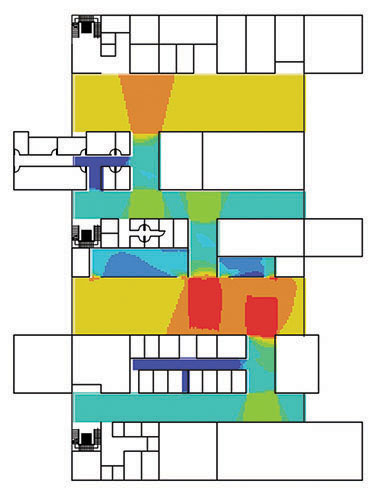
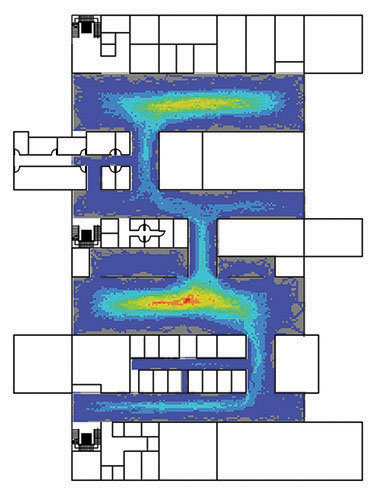
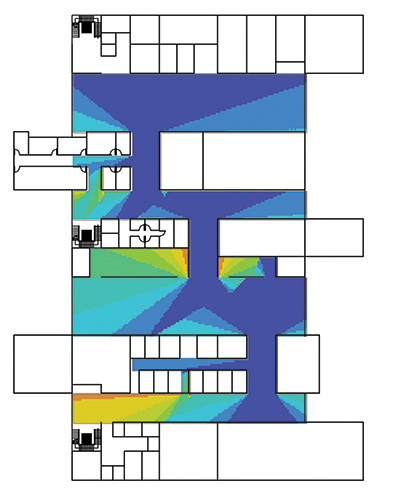
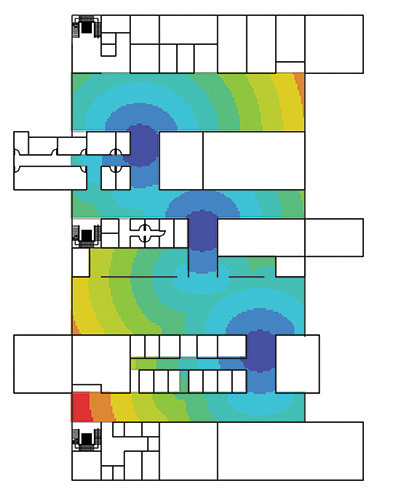
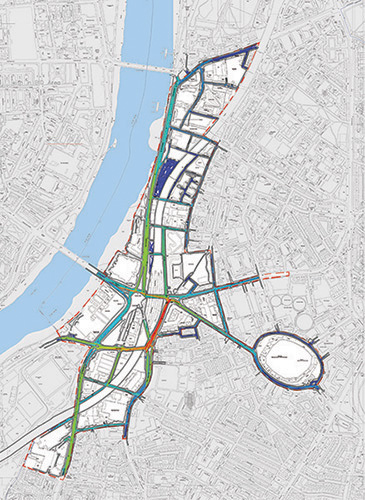
Computational Design
The studio ventures to provide a comprehensive awareness of the practical skills required to create generative, emergent and responsive form. We are focused on the concepts and interdisciplinary effects of Emergence in design and production technologies. Moreover, we investigate these developing creative domains as inputs for new architectural design methods, by means of computational techniques and tools of analysis and design.
Our purpose is to investigate the progress of technological and computational processes in architecture and how they incorporate into the fields of design, engineering and natural sciences. The studio investigates the design space limits of current architectural and engineering practice by integrating an intensive, critical and analytical approach to computational design, simulation and fabrication. We seek to question re-examination of techniques, practices and design theories in relation to the fields of engineering, robotics, digital manufacturing, material science and biology.









